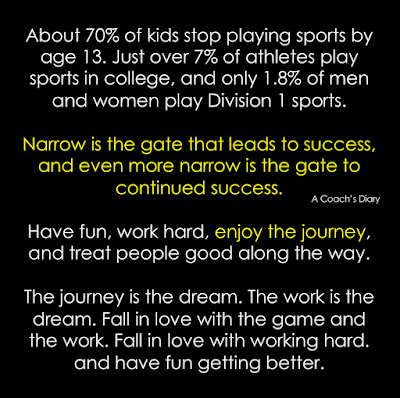Great Cultures are Like a Fire

Every coach searches for ways to build that special chemistry that all great teams have. In The Culture Playbook , Daniel Coyle calls the warm sense of cohesion, the shared willingness to speak up, and the team thinking and feeling as one entity, psychological safety - being able to be yourself without fear of negative consequences of self-image, status, or career. Team chemistry, or psychological safety, is built through the exchange of belonging cues - small, meaningful, and impactful, behaviors that say: "You belong here, you are valued here, you are safe here, we share a future together, we care about you, you have a voice, and you matter." Our brains are wired to search for both danger and safety. When we join a group, we scan for potential dangers. This keeps us from locking in and performing at our best. If we have to waste our time and energy trying to belong, we won't have enough left to do our job at a high level. Amy Edmondson of Harvard says, "When peopl...










